Comparison of M4A vs. FLAC: Choose the Best Audio Format
In the digital age, choosing the right audio format can be a dilemma. Should you prioritize pristine sound quality or opt for convenience? The debate between M4A vs FLAC often centers on this trade-off. Whether you are an audiophile or simply looking to optimize your music library, this article breaks down the essential differences and benefits of each format. Read on to discover which audio file format stands out in quality, compatibility, and overall performance.
Part 1: Overview of M4A and FLAC Audio Files
M4A and FLAC are two popular audio formats catering to different user needs. While M4A is synonymous with portability and Apple compatibility, FLAC is revered for its lossless audio preservation. Let's explore their origins and core functionalities.
1. What is M4A File?
M4A (MPEG-4 Audio) is a lossy audio format developed by Apple as part of the MPEG-4 standard. It uses AAC compression to reduce file sizes significantly, making it ideal for streaming and Apple devices like iPods and iPhones. While smaller than MP3s, M4A files sacrifice some audio fidelity for storage efficiency.
2. What is FLAC File?
FLAC (Free Lossless Audio Codec) is an open-source format that compresses audio without losing quality. Favored by audiophiles, FLAC retains every detail of the original recording, making it perfect for high-end speakers or studio work. However, its larger file size demands more storage space.
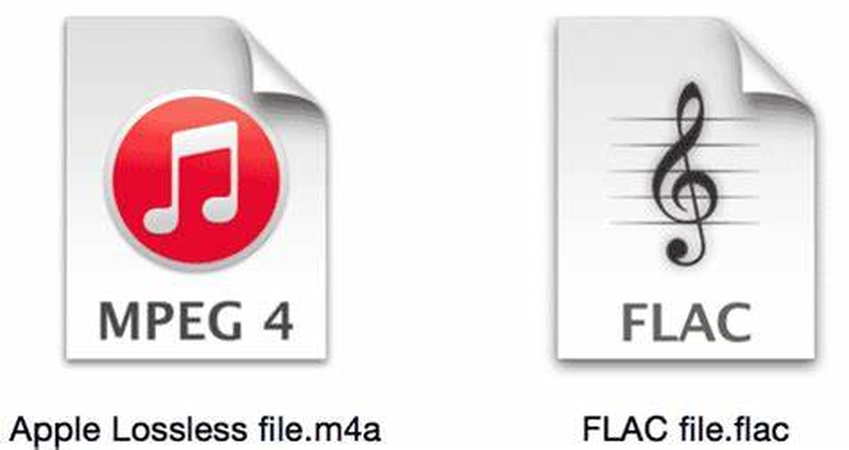
Part 2: M4A vs. FLAC Comparison: What Are the Differences?
When comparing M4A vs FLAC, several key differences emerge that impact audio performance and usability.
M4A
FLAC
Compression Type
Lossy
Lossless
Audio Quality
High
Very High
File Size
Small
Large
Compatibility
Seamless with Apple devices
broader device support
Supported Bitrates
128kbps, 192 kbps, or 256kbps
Usually, 800 kbps to 1,400 kbps
Compression Type
M4A format uses an extremely powerful compression algorithm that drastically reduces the size of the audio files but at a huge cost to audio quality. In contrast, FLAC compresses files while preserving their original sound quality, which results in higher file sizes.
Audio Quality
M4A files deliver good sound quality, certainly better than MP3. However, they cannot match the sheer depth, detail, and lifelike quality of FLAC files.
File Size
As discussed before, FLAC files can be massive in size, while M4A files are better suited for convenient storage and sharing owing to their small sizes.
Compatibility
M4A files can be played across the entire Apple ecosystem, most other smart devices, and even many older media players. On the other hand, the FLAC format is supported by a much broader range of devices thanks to its open-source origins.
Supported Bitrates
Since FLAC files can store vast amounts of original audio data, their bitrates tend to be outsized compared to M4A files.
Part 3: M4A vs. FLAC: Which is the Better One?
Choosing between M4A vs FLAC depends on your specific audio needs and usage scenarios. Here, we break down the pros and cons of each format.
1. Pros and Cons of M4A
Pros of M4A:
- Seamless integration with the entire Apple ecosystem.
- Efficient compression for convenient file storage.
- Smaller file sizes for faster sharing across devices.
- Broad compatibility across various smart devices.
Cons of M4A:
- Audio quality can suffer due to compression losses.
- Limited dynamic range compared to lossless formats.
- Lossy compression may discard subtle audio details.
- Potential compatibility issues with non-Apple devices.
2. Pros and Cons of FLAC
Pros of FLAC:
- Superior audio quality with lossless compression technique.
- Preserves all original sound details accurately.
- Ideal for audiophiles and music enthusiasts globally.
- Supports higher bitrates for flawless reproduction.
Cons of FLAC:
- Larger file sizes require more storage space.
- Limited support on some portable playback devices.
- Not as widely compatible across diverse ecosystems.
- Conversion process may be time-consuming occasionally.
Part 4: M4A VS FLAC: Which One Should You Choose?
In M4A vs FLAC, M4A stands for MPEG 4 Audio while FLAC is better in terms of preserving the original audio quality of the source file, but it is not as widely supported by playback devices and platforms as M4A is. Your choice should depend on your priorities:
- Choose M4A for portability, Apple compatibility, and everyday use.
- Opt for FLAC if you demand audiophile-grade quality and have ample storage.
Part 5: Best Audio Converter for Unprotected M4A and FLAC Files
When it comes to converting audio files between M4A and FLAC, HitPaw Univd offers a robust solution that caters to both casual users and professionals. This converter software simplifies the process of handling various audio formats, ensuring that your files are converted with minimal loss of quality while maintaining efficiency and speed. With its streamlined interface and powerful performance, it is the ideal tool for managing your audio conversion needs.
- Efficiently converts various video formats to high-quality audio with ease.
- Supports batch conversion to streamline your multimedia conversion tasks effectively.
- Maintains original audio fidelity while reducing file sizes significantly during conversion.
- Offers advanced editing features for customizing audio outputs effortlessly and quickly.
- Ensures fast conversion speeds even with large, unprotected media files.
- Provides an exceptionally user-friendly interface that simplifies complex conversion processes.
Step 1.Install the HitPaw Univd on the computer after getting it downloaded and start the software afterwards. Launch the software and navigate to the "Converter" tab. Click on the "Add Audio" button to import the movie you want to convert.

Step 2.Tap on the Convert All to button to choose the audio format you're willing to convert the audio into.

Step 3.After selecting the video format, you'll need to press the Convert All icon to get the audio file converted. In the next phase, you can access the converted videos from the Converted tab.

Conclusion
In summary, the debate of M4A vs FLAC comes down to your individual needs-whether you prioritize compact file sizes and broad compatibility or seek uncompromised audio quality. M4A excels in portability and Apple integration, while FLAC delivers unrivaled audio fidelity. Assess your storage, device ecosystem, and listening habits to pick the right format. Additionally, with tools like HitPaw Univd, managing and converting your audio files has never been easier. Choose wisely based on your priorities and enjoy the perfect sound experience!





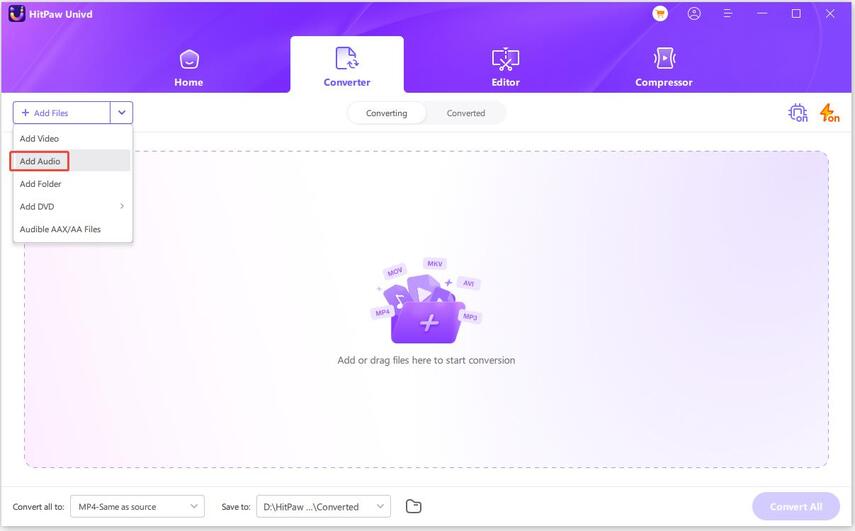
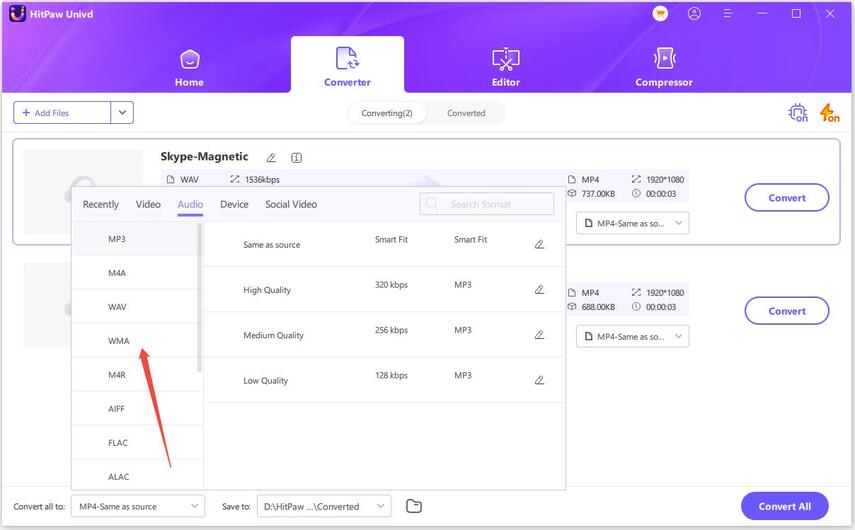
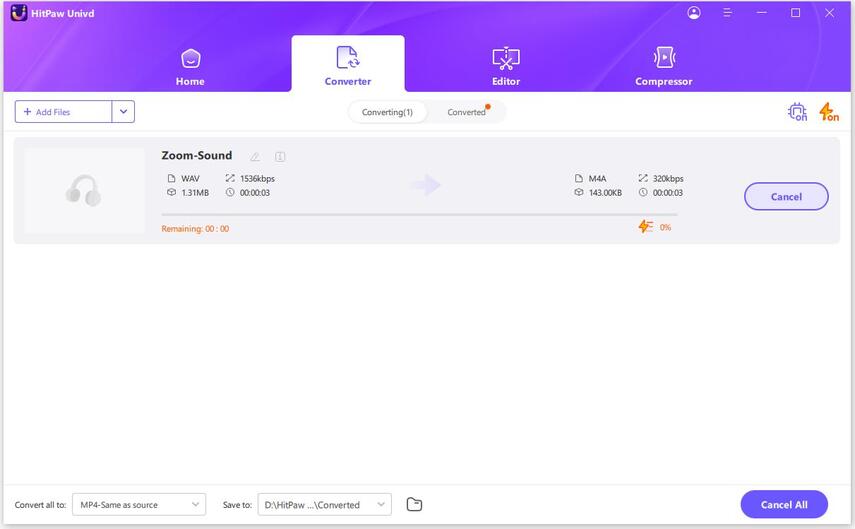

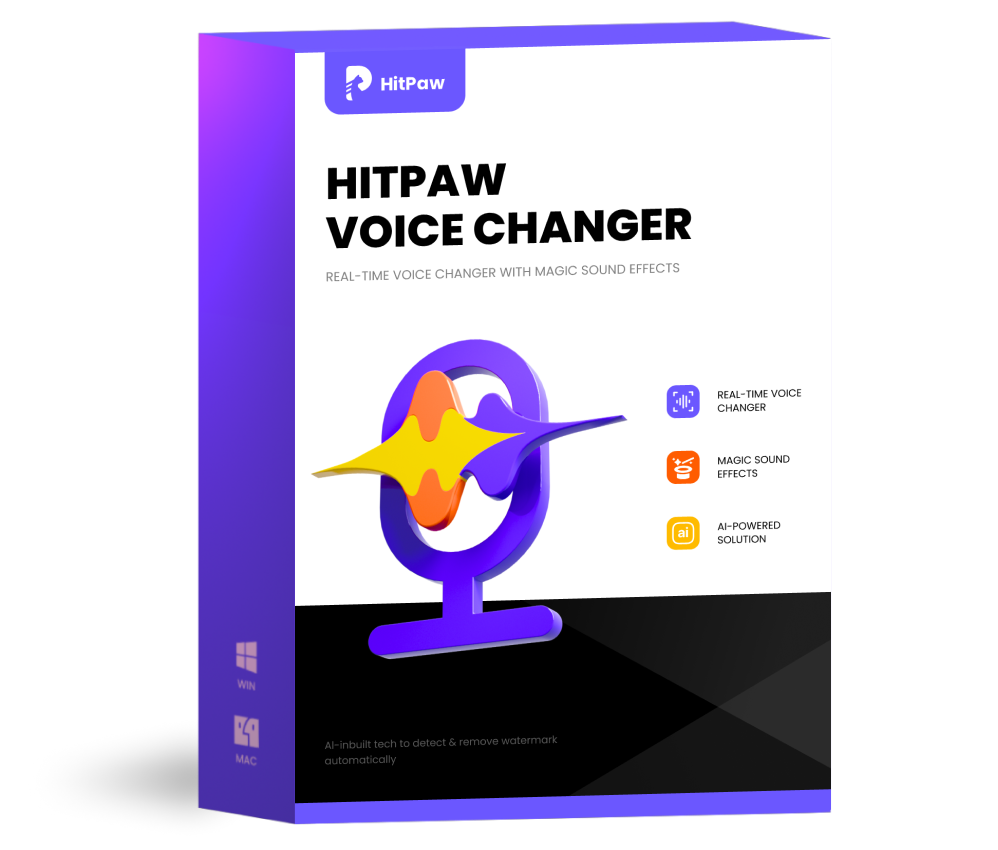 HitPaw VoicePea
HitPaw VoicePea  HitPaw VikPea (Video Enhancer)
HitPaw VikPea (Video Enhancer)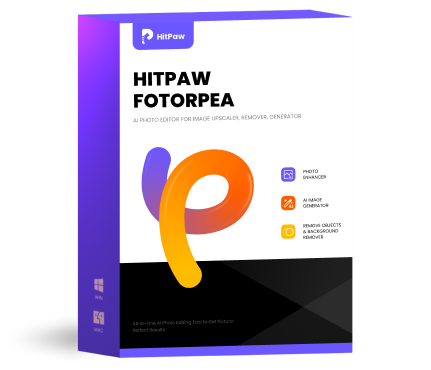 HitPaw FotorPea
HitPaw FotorPea



Share this article:
Select the product rating:
Daniel Walker
Editor-in-Chief
My passion lies in bridging the gap between cutting-edge technology and everyday creativity. With years of hands-on experience, I create content that not only informs but inspires our audience to embrace digital tools confidently.
View all ArticlesLeave a Comment
Create your review for HitPaw articles